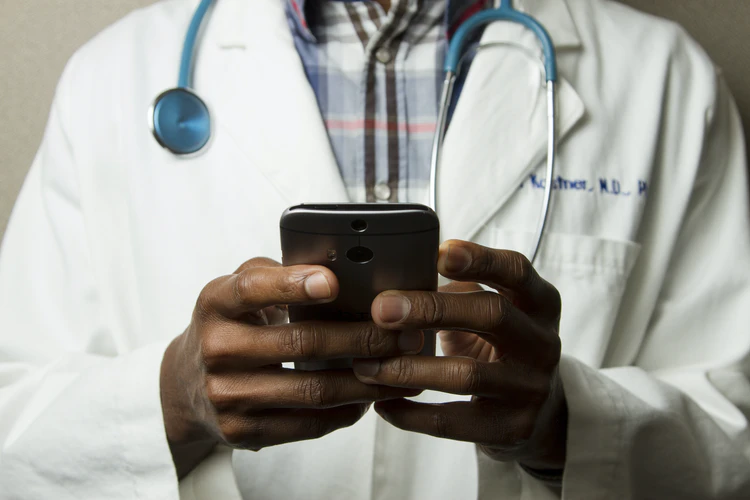Amid a pandemic, the number of physicians who will accept Medicaid insurance is declining. Medicaid provides health insurance to many low-income eligible Americans. African Americans and people of color are likely to have more severe or chronic illnesses. They are also systemically impoverished, making Medicaid vital to their essential health needs. The devastating impact of living in medical health deserts combined with a growing number of physicians who refuse Medicaid will disproportionately affect African American communities and communities of color.
The COVID-19 pandemic and the faltering economy are boosting enrollment in the program. Many program recipients are having a hard time locating physicians and dentists who will accept their coverage. As Medicaid payments to physicians decrease, minority communities are vulnerable. These payments are inadequate. The reimbursements are low for many physicians. Each time a Medicaid patient walks into the exam room, and they are losing money. Many times, they do not break even, Dria H., a Healthcare Insurance Professional, says.
“I know firsthand, the biggest reason medical providers do not accept Medicaid is that they do not pay enough. I have seen providers bill thousands of dollars, but Medicaid will not cover 10% of the bill. They are also slow to pay, and many services they refuse to cover. It is a joke.” Dria H. goes on to say, “Medical providers often have to write off the remaining balance. The provider cannot bill the patient the difference unless they have a spend-down portion.” The spend-down amount is the difference between a person’s excess income and the Medicaid eligibility limit, as determined by the state, over a given length of time.
THE NEGATIVE IMPACT ON COMMUNITIES OF COLOR
These factors increase wait times for appointments in vulnerable communities. Waits for appointments have increased from six weeks to four months. People will delay getting treatment for their ailments until they have to go to the emergency room. Often patients who go to the emergency room do not need acute care. However, the practicality of care and the emergency room’s obligation to treat patients regardless of insurance results in overcrowded waiting rooms in a pandemic.
According to a new Medicaid and Children’s Health Insurance Program Payment and Access Commission Report (MACPAC), it found that only 71% of providers accept Medicaid. That is compared to 85% who take Medicare and 90% that get private insurance. Physicians in general/family practice were less likely to accept Medicaid patients (68%) than Medicare (90%) or private insurance (91%). Only 36% of psychiatrists admitted new Medicaid patients than 62% who took Medicare patients, and 62% accepted private insurance. Pediatricians accepted new Medicaid patients at a lower rate (78%) than patients with private insurance (91%). However, pediatricians had one of the highest percentages of specialists who accept Medicaid patients. The Medicaid program’s expansion under the Affordable Care Act did not impact whether doctors will or will not accept Medicaid.
Kelly Washington is a freelance writer living on the Southside of Chicago. You can follow her on LinkedIn or social media at BlackBFly7 (Twitter).
